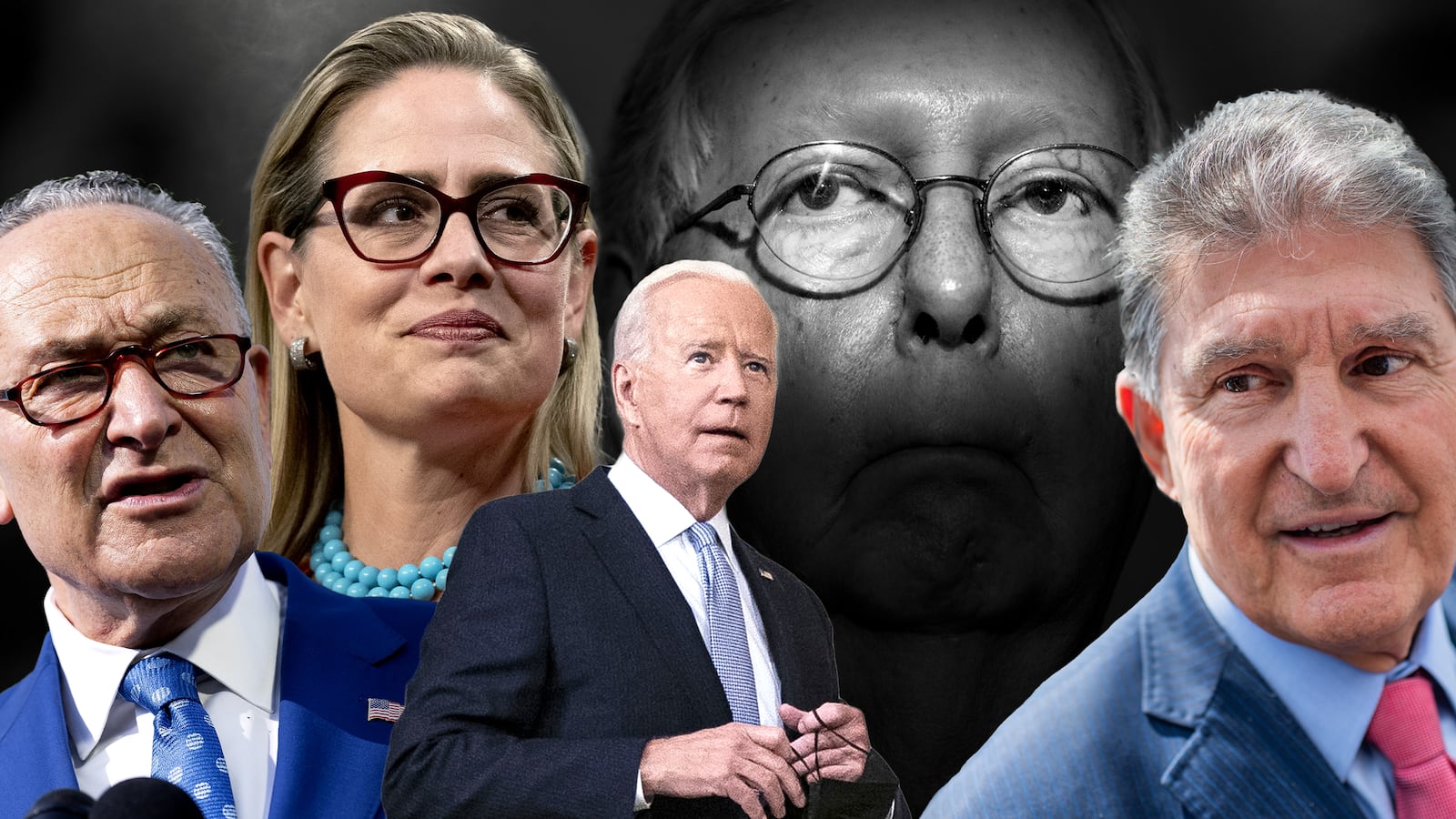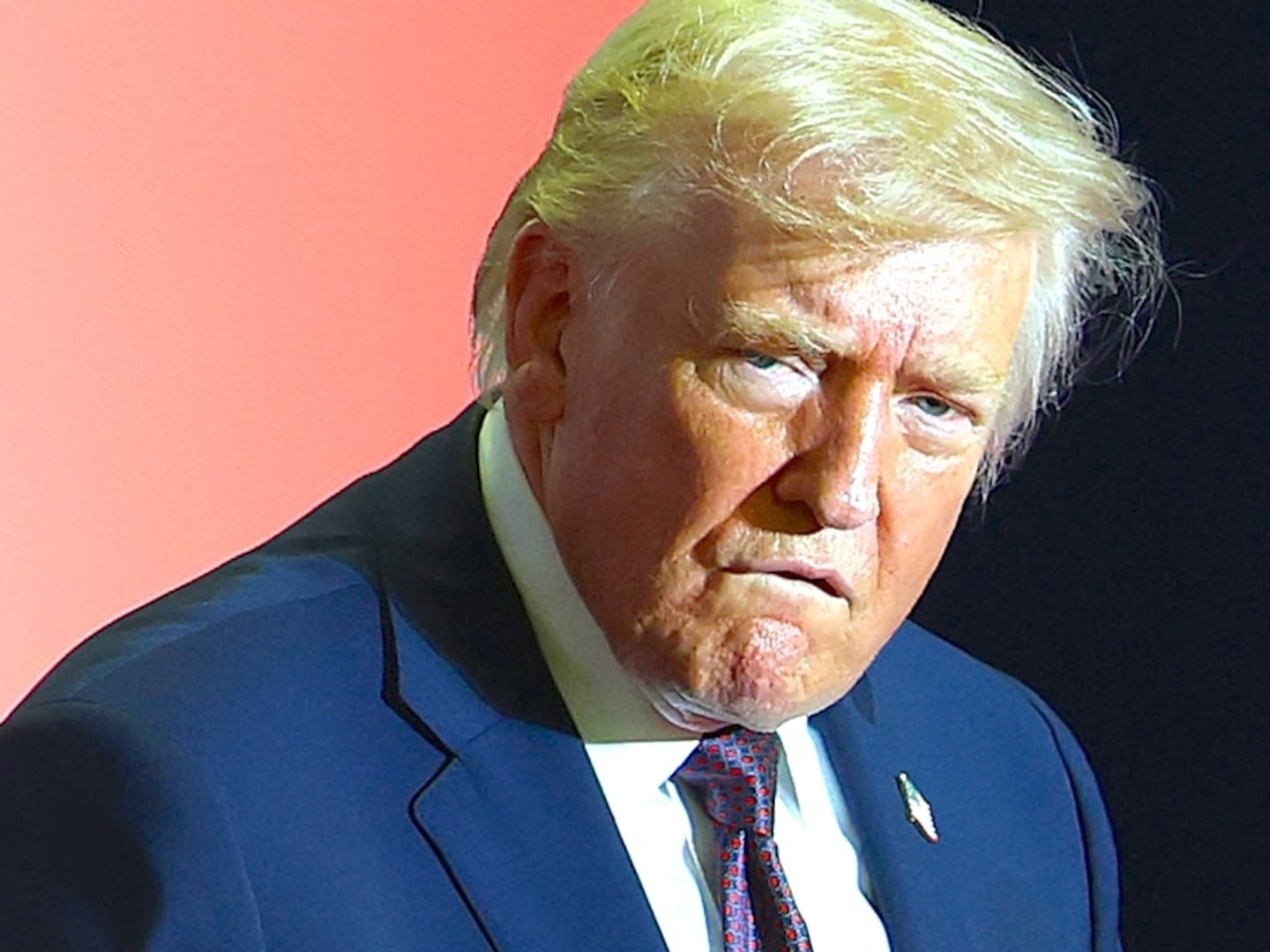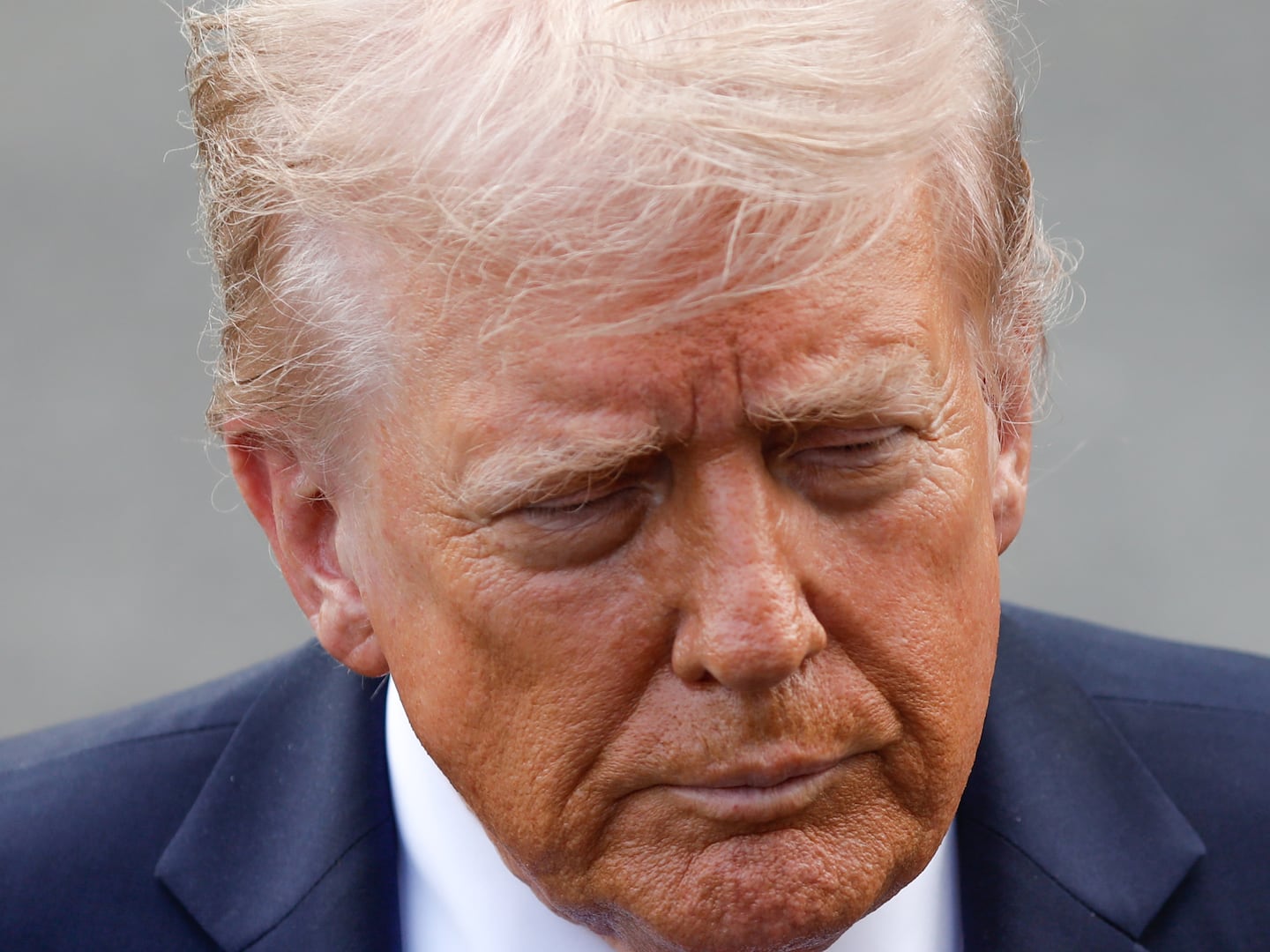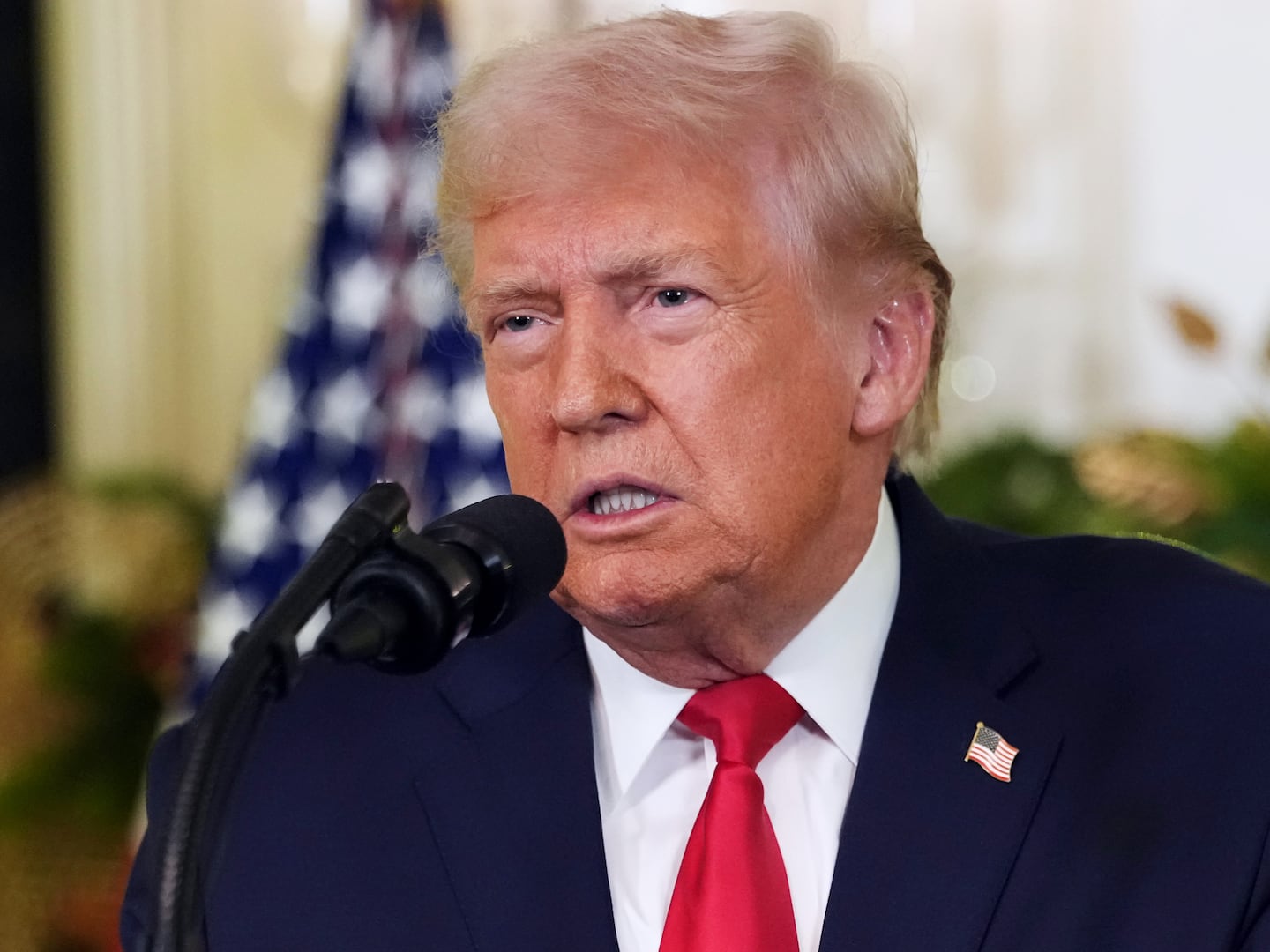The time to hesitate is through. Congress needs to get its act together.
If it doesn’t raise the debt limit, the government won’t be able to pay its bills come October. And the key to this is for Democrats to suck it up and do the job the American public elected them to do. If they don’t, there will be hell to pay.
Now, there is a temptation to try and blame Republicans for refusing to help. But according to a Politico and Morning Consult survey, twice as many people (33 percent compared with 16 percent) are prepared to blame Democrats over Republicans. This is a departure from the norm. Shutdown showdowns in the mid-1990s, and again in the early 2010s, predictably cut against Republicans and forced them to ultimately cave to pressure (whether we’re talking about a government shutdown showdown or a debt limit standoff, the blame dynamics are similar—with the only difference being no one has ever been insane enough to actually default on the debt). But things are looking different this time around, for a variety of reasons.
First, though, let’s concede a few things: a) America’s level of spending is out of control and reckless, b) This is a bipartisan problem, and c) Defaulting on our debt would be unwise.
So why are Democrats playing the weak hand this time around?
The most obvious reason is that, as Senate Minority Leader Mitch McConnell said, Democrats “have the House, the Senate and the presidency. It’s their obligation to govern.”
That’s a debatable assertion. Isn’t it everybody’s obligation to govern? But what’s inarguable is that Dems can do this alone. This is a factual statement that is easily understood by the masses. And facts are stubborn. They can’t blame Mitch McConnell or Donald Trump. The Dems have the majority. And they need to play to their strengths, come together, and be organized. (It’s worth noting that in 2018, then-Democratic Minority Leader Chuck Schumer said this: "Every American knows the Republican Party controls the White House, the Senate, the House. It’s their job to keep the government open.”)
So why don’t Democrats want to do this alone, via the reconciliation process, and be done with it? One reason, out of many, is that raising the debt limit can be easily portrayed as running up the nation’s credit card bill—so vulnerable swing-district Democrats would rather have some bipartisan cover.
Adding the debt ceiling to the existing $3.5 trillion reconciliation is complicated because moderates like Joe Manchin and Krysten Sinema are busy trying to cut the bill down from $3.5 trillion, and they may not finish before we bump into the debt ceiling. But creating a stand-alone debt-limit reconciliation bill—if the Senate parliamentarian even allows it—would be procedurally complicated and take weeks.
But wait! There’s more. Democrats want to attach a suspension on the debt ceiling until December of 2022 to a continuing resolution. But this cannot be done via reconciliation because reconciliation rules require items to be strictly budget-related, not policy changes (raising the debt limit by a specific number is budgetary, while suspending the debt limit is a policy change). Democrats would prefer to avoid fixing the debt limit to a specific number, partly because doing so would allow Republicans to run ads saying, “Congressman so-and-so voted to raise the debt limit to a GAZILLION dollars.”
Buried in the above paragraph is evidence that a) Democrats have political reasons for wanting to rope Republicans into helping, and b) Republicans have a substantive reason for not wanting to be a party to this.
We always hear that raising the debt ceiling is about paying for past spending (in this case, partly accrued during the Trump era), but nobody would raise the limit just to barely cover past costs. And because Democrats have attached a suspension on the debt ceiling until December of 2022, Republicans rightly feel they would be complicit in Biden’s future spending, which will total in the trillions (with the caveat that Democrats are currently saying the $3.5 trillion bill would be paid for via tax increases, etc., and thus would not add to the debt).
What this means is that Republicans at least have a legitimate argument for staying out of it—this time around. “The dynamics of the new standoff are a little different [from past fights] in that Republicans aren’t seeking cuts to existing spending or some kind of tangential concession; instead they’re trying to draw a line in the sand over the trillions in new spending President Biden is proposing,” explains The Washington Post’s Aaron Blake.
Another thing helping Republicans is that McConnell has been warning Democrats they would have to do this alone for months. “I can’t imagine there will be a single Republican voting to raise the debt ceiling after what we’ve been experiencing,” McConnell told Punchbowl News back in July. Say what you will about McConnell, but you can’t say he surprised you or double crossed you. He’s stabbing you in the front, Dems.
Which brings me to my final point: Republicans benefit from what George W. Bush might call “the soft bigotry of low expectations.”
Yes, both sides are playing political games, but Democrats are supposed to be the adults—which is why a lot of Americans voted to give them all the power to do what needs to be done. The onus is on them to step up. Will they? The ball, as they say, is in their court.







